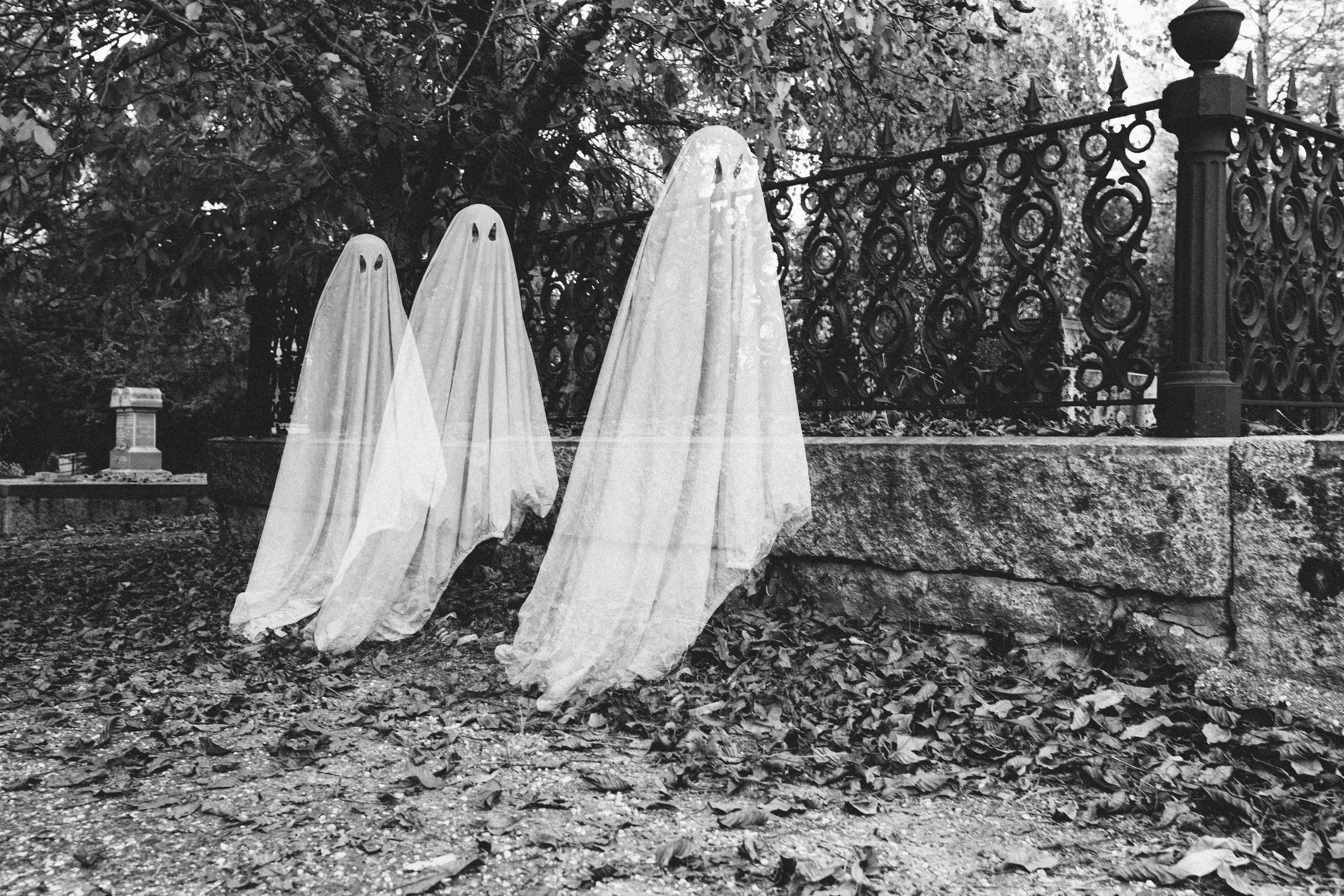The Unbelievable
https://www.youtube.com/watch?v=quOdF1CAPXs
_______________________________________________
Imagine the following situation: Students´Meeting at University
Individual Long Turn 4-5 min
You study at the Technical University in Graz and you are a students´ representative (Österreichische Hochschülerschaft). There you meet fellow students from all around the world. To get to know each other a little bit better, you organise weekly meetings to discuss several topics. Today you want to talk about paranormal phenomena and superstition. First you introduce the topic giving a short talk:
· Present some superstitious behaviour and famous theories about several phenomena
· Analyse why people tend to believe the unbelievable
· Give your personal opinion concerning the topic
Paired Activity 8-10 min.
With a colleague you discuss the topic. Consider the aspects below:
· discuss several weird theories and movies
· the function of new media and the internet, concerning the spreading of new unbelievable stories
· explain why there is often no 13th floor in hotels
· the credibility of the different kinds of media in general
· evaluate if some of the theories could be true and think if you are superstitious
1. Aliens
2. Pyramids
3. Voodoo
4. Flight 19/ Bermuda Triangle
5. Slenderman
6. UFO Austria
7. Ufo Sightings Belgium
8. Rosswell
9. Yeti
10. Ancient Aliens
11. Zombies
12. Vampires
13. Cannibalism
14. Dracula
15. Corn circles
16. Hauted Places
17. Reincarnation
18. Fortune telling
19. Ouija board
20. Earth holes (Erdlöcher) Austria
21. Stone circles Austria
22. Stonehenge
23. Tumulus St. Michel
24. Water witching
25. Machu Picchu
26. Nazca Lines
27. Sailing stones
28. Dragons
29. Angels
30. Magic
31. Terrestrial radiation
32. Goblins
33. Ball lightning
34. The men who stare at goats
35. Time travel
36. Sea monsters
37. Number 13
38. Superstition
39 Superstitious traditions in Austria
....
Samuel Backett: Waiting for Godot
This page will be of great help to you!!!
http://www.sparknotes.com/lit/godot/
To check words use: (also available as mobile app on your smart phone)
http://www.dict.cc/
http://www.linguee.de/
Context:
- Make a short introduction to lead in the play
- Give reasons why it is worth watching/ discussing it
- Try to give a short interpretation of this famous play
- several aspects of the movie, like conformism vs. individualism; etc.
- analysing the time, the play was written, why is there no happy ending
- the concept of Carpe Diem/ to seize the day
- stress and pressure for young people nowadays
- stress management strategies and concepts of happiness
Happiness and Stress
STUDY TIPS!
https://www.youtube.com/watch?v=JbOwy5M2wG0
Distress
Distress is one of the negative types of stress. This is one of the types of stress that the mind and body undergoes when the normal routine is constantly adjusted and altered. The mind is not comfortable with this routine, and craves the familiarity of a common routine. There are actually two types of distress: acute stress and chronic stress.
Acute Stress
Acute stress is the type of stress that comes immediately with a change of routine. It is an intense type of stress, but it passes quickly. Acute stress is the body's way of getting a person to stand up and take inventory of what is going on, to make sure that everything is OK
Source:
http://www.psychologycampus.com/teens-children/stress.html
Teenagers, like adults, may experience stress everyday and can benefit from learning stress management skills. Most teens experience more stress when they perceive a situation as dangerous, difficult, or painful and they do not have the resources to cope.
Some sources of stress for teens might include:
* school demands and frustrations
* negative thoughts and feelings about themselves
* changes in their bodies
* Avoid excess caffeine intake which can increase feelings of anxiety and agitation
* Avoid illegal drugs, alcohol and tobacco
* Learn relaxation exercises (abdominal breathing and muscle relaxation techniques)
* Develop assertiveness training skills. For example, state feelings in polite firm and not overly aggressive or passive ways: ("I feel angry when you yell at me" "Please stop yelling.")
* Rehearse and practice situations which cause stress. One example is taking a speech class if talking in front of a class makes you anxious
* Learn practical coping skills. For example, break a large task into smaller, more attainable tasks
- Illustrate where people are happy and why
- Explain the term: Work-Life-Balance
- Point out why not enough or too much stress could be dangerous
- Recommend good stress management strategies
- the concept of Carpe Diem/ to seize the day
- stress and pressure for young people nowadays
- your personal stress management strategies and concepts of happiness

















